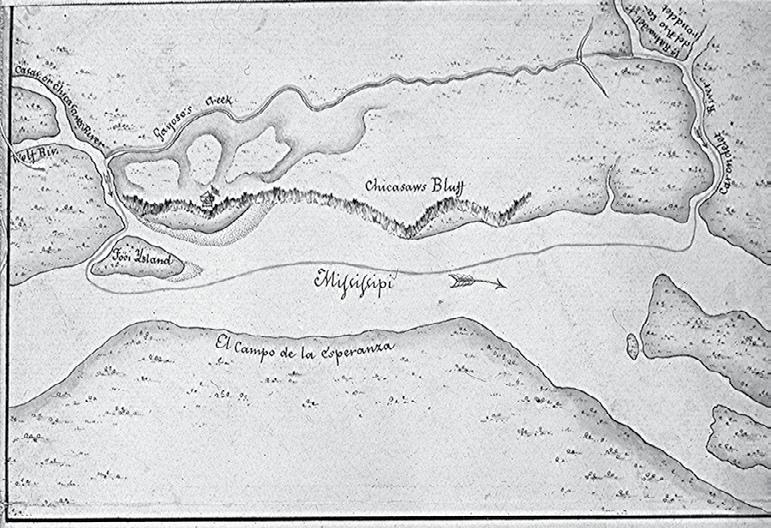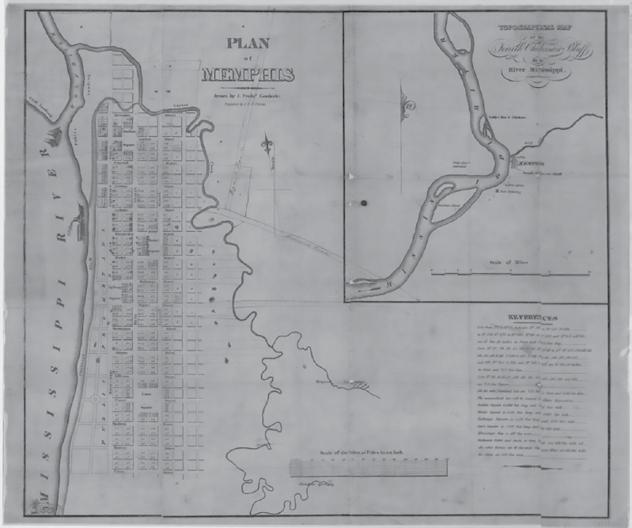
2 minute read
Tennessee History Corner
How Memphis Got Its Name
BY RIDLEY WILLS II
Some people think that Andrew Jackson, one of the three founders of Memphis, named the village on Fourth Chickasaw Bluff “Memphis.” He did not. His partner, General James Winchester, of Sumner County, Tennessee, gave the town its name. Why, one would ask, did he do this? Winchester was an educated man, one somewhat familiar with the classics. He followed Napoleon’s campaigns, including the one during which, in 1795, he captured Cairo, Egypt. Winchester’s children’s names reflected his interest in classical antiquity. Their names were Marcus Brutus, Selina, Lucilius, Almira, Napoleon and Valerius Publicola.
In 1799, General Winchester laid out and named the little river town of Cairo, Tennessee, a short distance up the Cumberland River from his home, Cragfont, for the Egyptian capital. Winchester lobbied for Cairo to become the county seat of Sumner County but was unsuccessful. Nevertheless, For the first two decades of its existence, Cairo thrived, primarily because it was a river town. However, in the 1830s it began to decline and, by the end of the 19th century, it was virtually a ghost town.
General Winchester’s son, Marcus B. Winchester and William Lawrence laid out the Memphis town lots and Marcus served as the towns first mayor and postmaster.
General Winchester regarded the Mississippi River as the American Nile, so it made sense, before 1819, to propose the name Memphis for the future town after Memphis, the ancient capital of Lower Egypt, 15 miles south of present-day Cairo on the west bank of the Nile.








